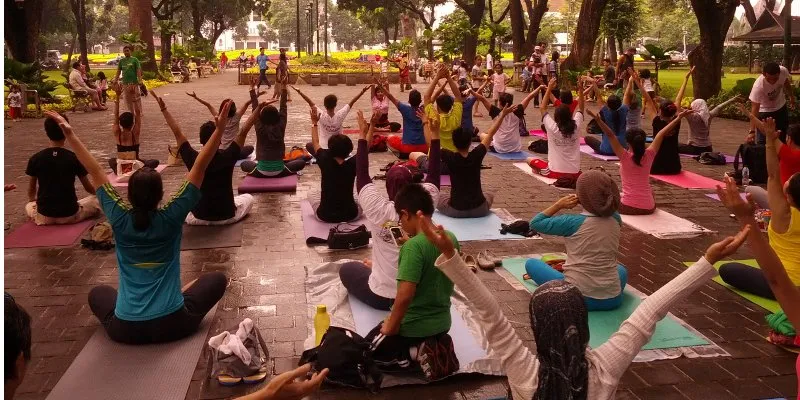Your products will not last, but your community will
Building a product is not enough, you also need to sell it, and sell it well. However, only a few are able to champion the people as brand ambassadors of their offering. When it comes to communities the best brands that come to mind are often bike brands. Even at a time when the bikes are no more in the market the community is still there and growing steadily. One can look at Jawas and old Yezdi bikes and can see the bikers still touring around and talking about how great that era was.

Another exceptional example that comes to mind is the Royal Enfield bike. With the community around it, more people buy Royal Enfield to be a part of the cult than the actual performance/power of the bike. This cult associated with the brand led it to surface again after its near death in the late 90s, when Siddharth Lal, current CEO of Eicher Motors, took a personal interest and drove it to resurrection. So here are some tips for building a community around your offering:
- It will be hard and it will be difficult - Building a community is hard work and a full-time task. Often times, you will find a lot of detractors, people who would try to find more faults than help the cause. Often times, there will be people who would join the community just to be curious and see what is going on and then decide if they want to be a part of it or not. If you want real people talking about your product, give them a reason to meet. Once people get to know each other, they can and will talk about more things than just your product and this is necessary to build a strong sense of belonging. No one would like to talk about your SaaS offering at every community meet.
- It will take a long time - A community is not built in a day or months or even a year. It is a full-time task and will often takes years. So, do not demand the results from your community managers. The RoI of community building is often intangible. There might be times when very few people might turn up at the meets and gatherings and there will be time when it will be overflowing. You will encounter trolls and people who will try to sabotage your offering.
- Do not evangelise your product - One of the biggest mistakes that brands make is force their products down the throats of community members. To have a successful community, one must evangelise the cause, not the product. For example, instead of Gillette evangelising their seven-blade razor cartridge, they are evangelising the cause of grooming and looking better. Royal Enfield built a great community by evangelising off-road travel and using the slogan 'leave home', instead of asking people to buy their bikes on the Himalayan trips. For your community you should discuss the reason why your product exists and make that reason a bit bigger.
- Do not rule, let people take over - Another big mistake brands do is to attempt to control their community, trying to behave as if it is another product created by them. We must never forget that the people who are talking about our products do not want to be dictated. They talk about it because they love our products and they will not like it if we dictate to them how to go about using them.
- Have guidelines in place - Having said that, to make sure that people do not abuse the freedom we must place a few guidelines in place to make sure discussions do not veer off too much and for too long. Also, the purpose of guidelines is to guide, not to rule or impose restrictions. They are there to provide a nudge whenever required, not to force people into feeling restricted.
Creating and managing a community is not easy and we must be careful as to not go overboard while doing so. Patience and perseverance play a big role in creating successful communities, as they are the best way of advertising your product.







